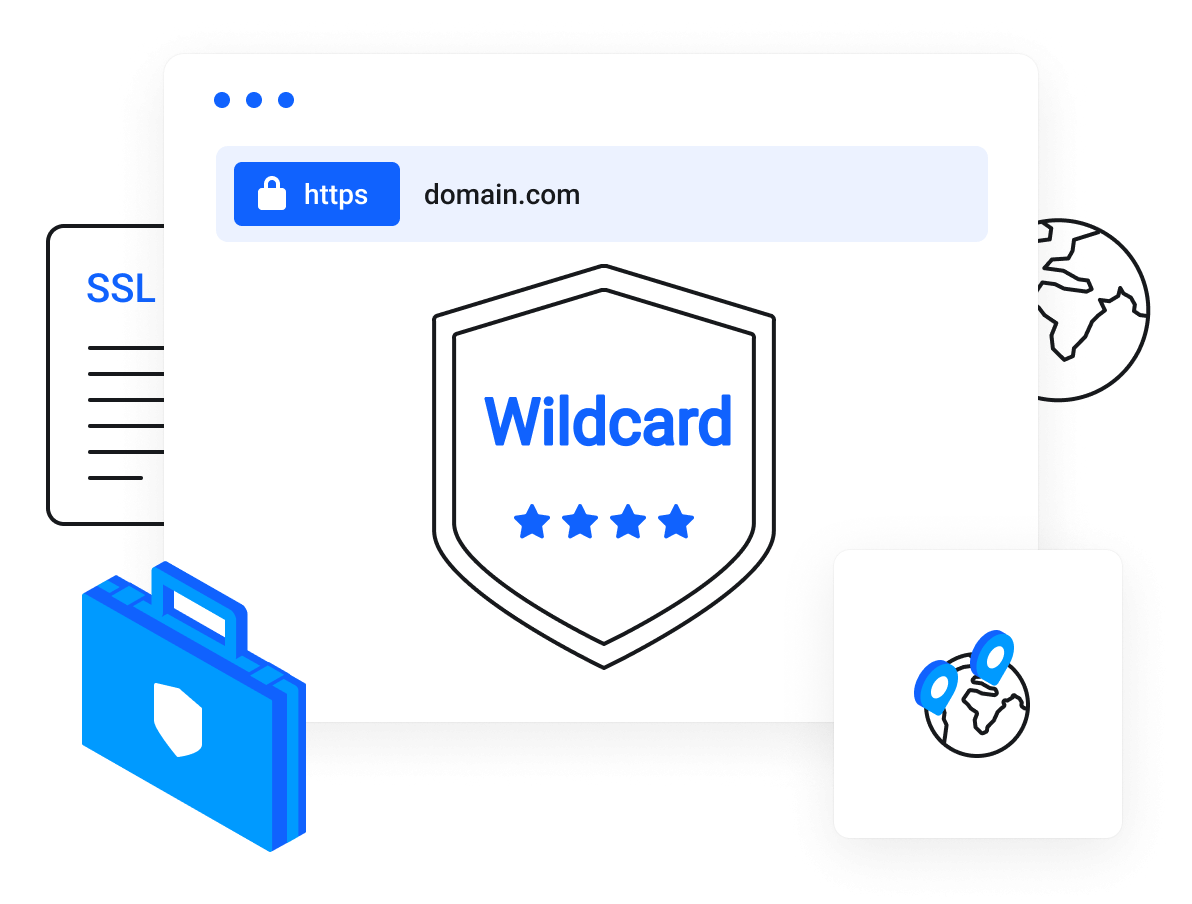
-
Web Shops
- Shop Butique 5GBBasic online store with several hundred products.
- Shop Market 25GBMedium sized store, up to several thousand products.
- Shop Hipermarket 50GBLarge online store, with dozen thousand products.
- Shop Magento - MageOSFor the most demanded purposes. Coming soon.
- Shop Prestashop 20GBFor advanced shops. Coming soon.
- Web Pages
- Email Services
- Email Client
- Web Applications
- Domains
- Services
- Login



